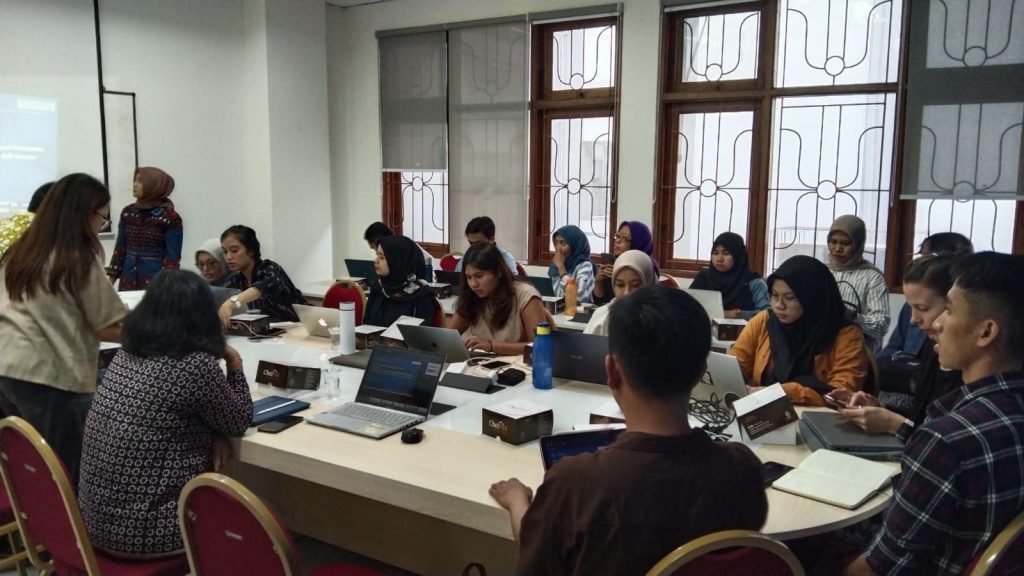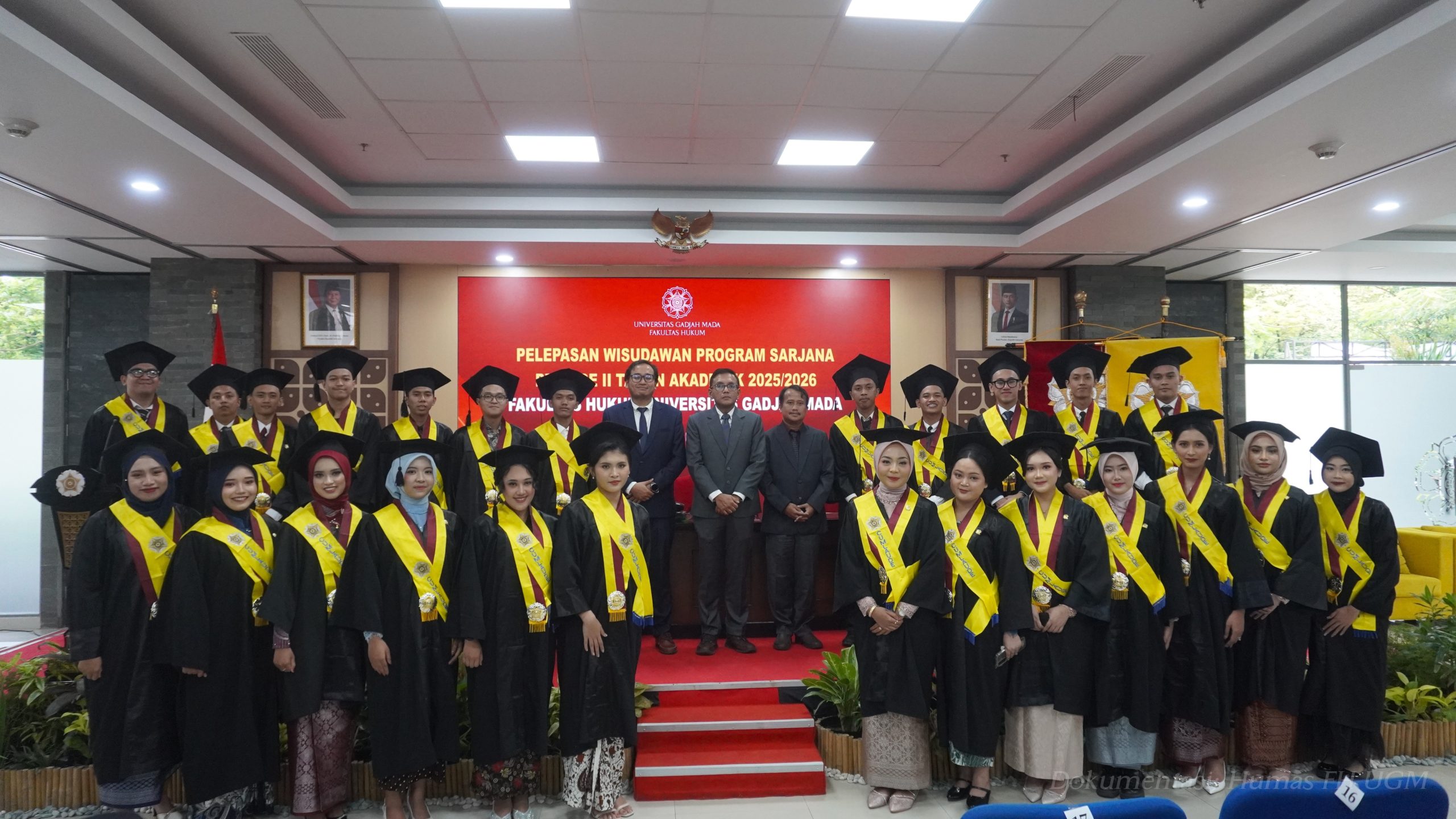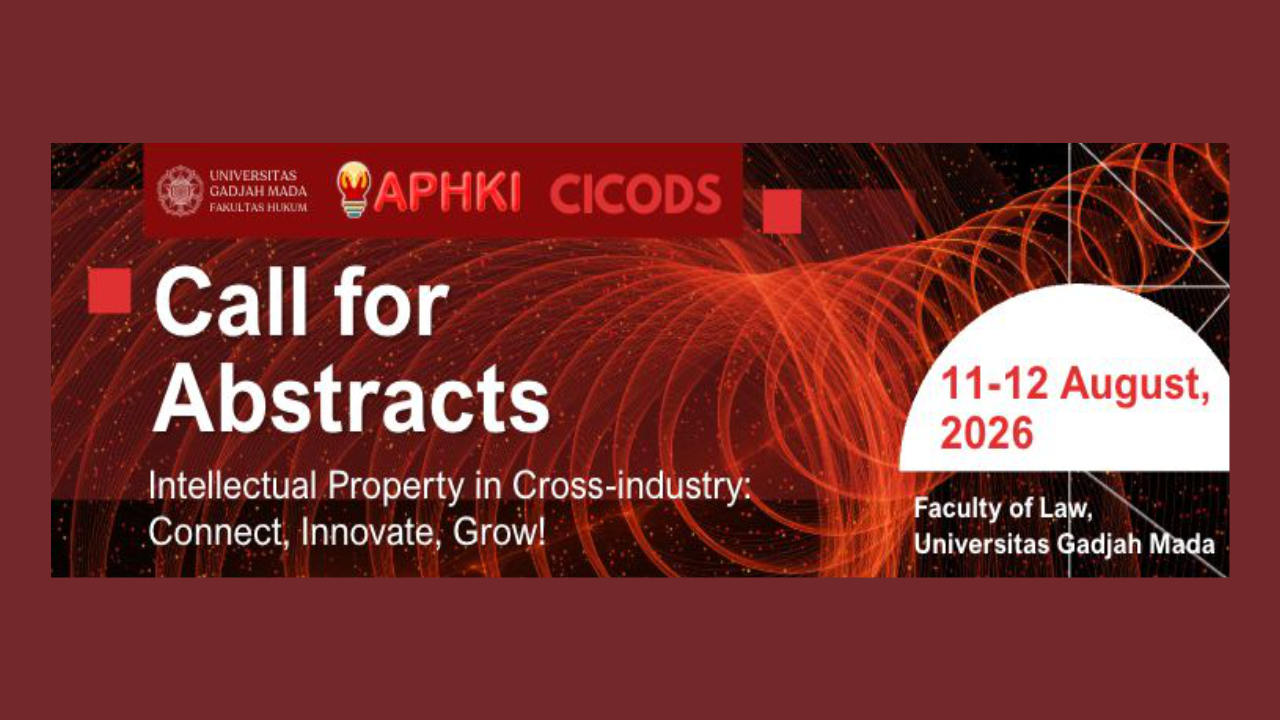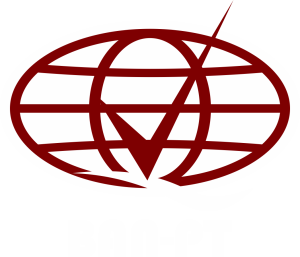On May 16, 2024, the Research Center for Law, Gender, & Society Studies (LGS), Faculty of Law, Universitas Gadjah Mada, conducted a Sharing Session onCare Economyto Achieve Gender Justice in Indonesia. The session is part of LGS main initiative to increase skill and knowledge for researchers, volunteer, and the general public. The topic discussed is in line with LGS vision to advocate for the rights of women and vulnerable groups as well as implementation of UN Sustainable Development Goals (SDG), particularly on no poverty (SDG 1), health and wellbeing (SDG 3), gender equality (SDG 5), and reduced inequalities (SDG 10).
Sharing session was led by LGS Researcher Arimbi Fajari Furqon, S.H who explained that thecare economyhas an important role in achieving gender equality and justice, economic development, and social welfare. Care work such as caring for children, taking care of the elderly, cooking food, cleaning the house, and such types of work are commonly perceived as reproductive jobs that are attached to women's work due to gender construction that differentiates the roles of men and women. This misconception resulted in the view that care work does not contribute to the economy and the lack of effort to promote the welfare of care workers. Such problem persists despite the importance of care work in which if there is no adequate care work, welfare of society will not be achieved, particularly the welfare of vulnerable groups (eg. elderly, children, people with disabilities, and people living with HIV).
In response to those issues, Sri Wiyanti Eddyono, S.H., LL.M. (HR), Ph.D. as the coordinator of the drafting team for the Roadmap and National Action Plan for the Care Economy initiated by the Ministry of Women's Empowerment and Child Protection with ILO Indonesia’s support emphasized that there are 7 (seven) strategic issues of the care economy. This was prepared to respond unequal conditions in care work and its implications for broader issues. The seven issues include 1)daycareservices and programs; 2)Longterm-care); services and programs; 3) Inclusion services and programs for disabilities and other vulnerable groups; 4) Recognition and protection of care workers in various sectors and types of care activities; 5) Maternity protection for women workers, including protection of breastfeeding mothers and breastfeeding facilities; 6) Strengthening the role of fathers in childcare through paternity leave for male workers; and 7) Contribution of social protection and security in the care economy. These strategic issues are in line with the SDGs principles that emphasize inclusive programs andno one left behind).
In the Road Map and National Action Plan for the Care Economy that was successfully prepared by the LGS Team and launching in March 2024, the seven issues above are divided into four stages of the RPJPN (i.e. the Long-Term National Development Plan), that are RPJMN 1 (i.e. The National Medium-Term Development Planning) (2025-2029): Strengthening the Foundation of the Care Economy; RPJMN 2 (2030-2034): Care Economy Transformation Policy; RPJMN 3 (2035-2039): Acceleration of Care Economy Transformation; and RPJMN 4 (2040-2045): Transformation of a gender-equal Care Economy towards a Golden Indonesia.
In the end of the session, the speakers highlighted that the National Action Plan is only the beginning and not the end for the development of care economy. The session is expected to show the urgency for the awareness on care economy and to motivate the participants to advocate for policies and practices that support care works.
The discussion, which was attended by around 30 people, is a priority agenda of the LGS to increase capacity and knowledge management among researchers, volunteervolunteers, and the general public. LGS is committed to continuing to disseminate knowledge, especially on the women and other vulnerable groups issues through a knowledge management approach.
Penulis: Arimbi Fajari Furqon (LGS)








